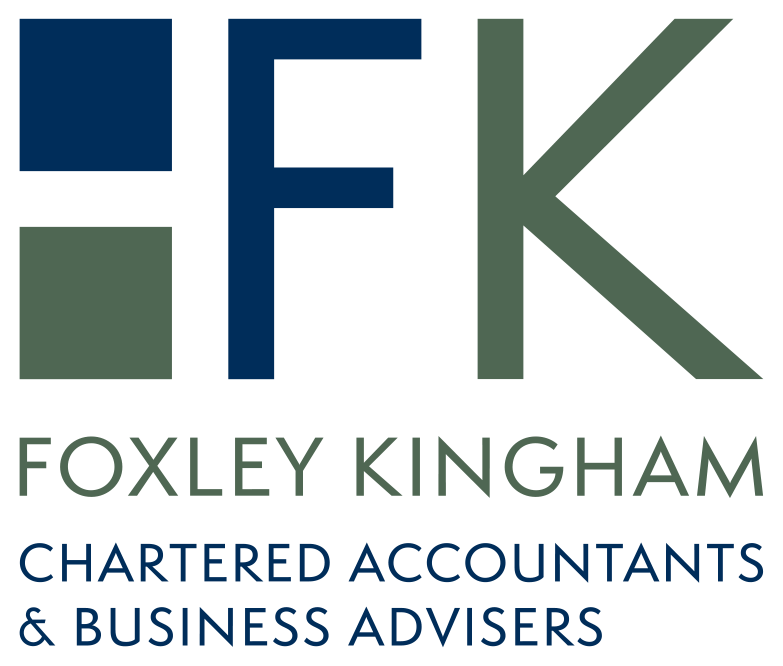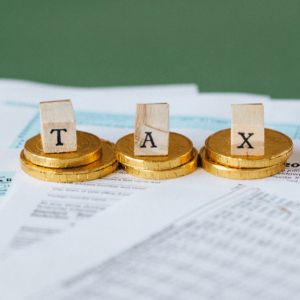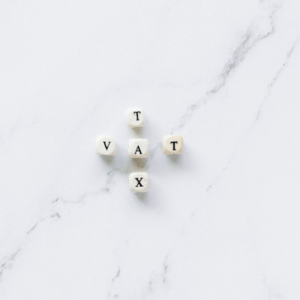What changes can we expect from the new financial year? There have been numerous changes to tax rules and regulations announced in the 2021 Spring Budget here are the highlights.
OFF-PAYROLL WORKING IN THE PRIVATE SECTOR
After a year’s delay, off-payroll working in the private sector finally comes into force from April 2021. The rules apply when an individual provides services to a client through a personal company. For more information read about the changes in the ProActivty Winter 2020 edition and contact us if you need help navigating the new rules.
VAT REVERSE CHARGE ON CONSTRUCTION SERVICES
And after 18 months delay, the VAT reverse charge rules came into force on 1 March 2021. The rules apply to VAT-registered businesses that are supplying or receiving construction services reported under Construction Industry Scheme (CIS). For more information, please see our article in the ProActivty Winter 2020 edition and contact us if you would like to speak to a specialist about these changes.
NATIONAL MINIMUM AND LIVING WAGE RATES
From 1 April 2021 the rates will rise to:
- £8.91 23 and over
- £8.36 21 to 22
- £6.56 18 to 20
- £4.62 Under 18
- £4.30 Apprentice
YEAR-END TAX PLANNING
With the 5 April tax year-end almost upon us, take a moment to think through some of the common tax planning points around the year-end:
- Has your £12,500 tax-free personal allowance and/or your £50,000 basic rate allowance been fully utilised
- If you are married and you or your partner has earned less than the personal allowance this year consider a Marriage Allowance transfer to save up to £250
- If you are a high earner or approaching a tax bracket threshold think about if there is anything you can do to reduce income taxed at the higher rate, for example by making tax-efficient investments, pension or gift aid contributions, deferring income or passing income to your spouse
- If you have a company and haven’t already used your £2,000 per annum tax-free dividend allowance, take it before the year-end (if profit allows)
- Have you made the best use of your pension annual allowance
- Check if you have had sufficient earnings to contribute a qualifying year for state pension purposes
- If you are considering a pension drawdown, or approaching state pension age, consider your income levels and the best tax year in which to start taking funds
- If any capital assets are due to be sold consider which tax year is best to make good use of your annual tax-free exemption and tax rate bands, or if capital losses can be crystalised to reduce gains
- Give any annual gifts for inheritance tax purposes (up to £3,000 pa generally, or £250 per person)
- Maximise ISA annual investments
- If your business year-end is 31 March/5 April and you are planning capital expenditure, completing the purchase before the year-end will accelerate the tax relief by a year
For more information, or to run through the best options for you, please do talk to us.









